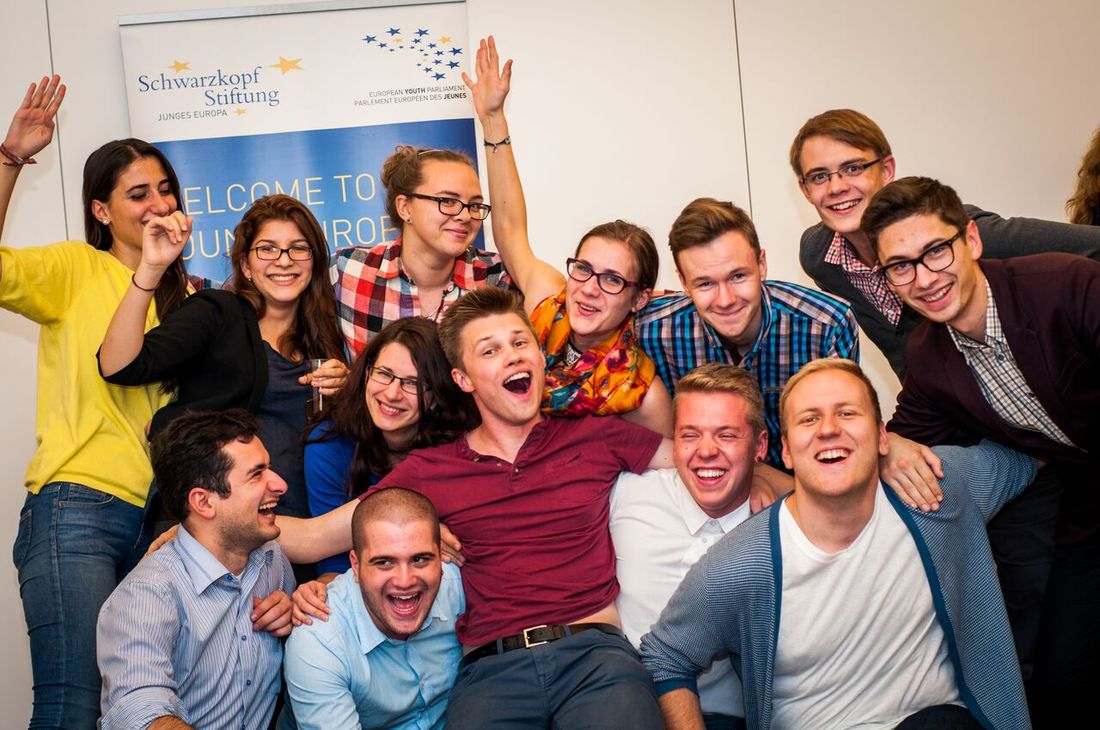How to Prepare Our Children for the University

Students at Caxton College follow a curricular subject in careers guidance
The frenetic pace that characterises technological developments is promoting the creation of new fields of knowledge in professions in the areas of both science and the humanities. Far from slowing down, this fourth industrial revolution is growing at an exponential rate and this directly impacts the students who will soon have to take decisions about their future academic and professional careers. In this disruptive situation, schools must accept the new context and guide their students in choosing the best option for their future. ‘It’s always been necessary to advise young people in their journey towards university, but now more than ever, that advice is essential, especially if we consider that in just the past five years, the number of university degree programmes has increased by more than ten per cent, according to the Fundación Conocimiento y Desarrollo –CYD’, said Marta Gil, Vice Principal of Caxton College.
Realising the need to accept this challenge, Caxton College has been offering a subject for Secondary students for a number of years that prepares them to choose the university degree programme that best suits their abilities, academic aptitudes and professional vocation, at all times supported by the team of careers advisers. In these lessons, students reinforce their abilities to speak in public, debate, write, analyse and empathise, all with the aim of learning to make the right decisions for their future and achieve the goals they set for themselves. The objectives for this subject are focussed on developing a growth mindset and self-control, in applying study skills techniques, in improving communication skills and techniques for debating effectively. They also work with a university degrees guide in order to familiarise themselves with the different programmes available, as well as future professional careers and possible internships. In this way, the school aims for students to find their vocation readily and to be enthusiastic about it.
‘One of the pieces of advice that our careers advisers give to pupils as young as 11 years of age is to start talking about careers that spark their interest, and for them to talk to the people they know who are studying related degrees at university in order for them to be able to think through, and even rule out, options for the future’, said Marta Gil.
This is one way that pupils can reduce the pressure they feel about the future and can gradually begin to learn more about different fields where their personality traits and intellectual abilities can best be put to use, and where they will feel most fulfilled. It’s very important for parents to get involved in this process and look into the different degree programmes that exist, since they vary widely and many of them have emerged only in recent years.
A solid careers guidance programme should also include visits for students to different local universities, as well as information so that they and their parents can attend education fairs to learn about the degrees available at both national and international universities, together with admissions requirements, curricula and possible scholarship opportunities. It is also important to include an enrichment programme of external speakers at school, in which different specialists give conferences for students about their work. ‘In Year 11, we also have a work shadowing programme where students spend several days in a field related to the university degree they are interested in. The aim of this is for them to develop a direct link to the labour market and for this experience to help them dispel any doubts they may have and then be able decide on one area or another’, said Marta Gil.

A good careers guidance programme, according to the Secondary school psychologist Cristina Pérez, ‘helps students to develop social skills that will allow them to be more independent and overcome obstacles with effort. We have also realised that this kind of programme increases their self-esteem and encourages them to be more participative and proactive in their school and personal lives. These attitudes are fundamental if students are to have clear goals for where they want to go academically and professionally’.





Recent Comments